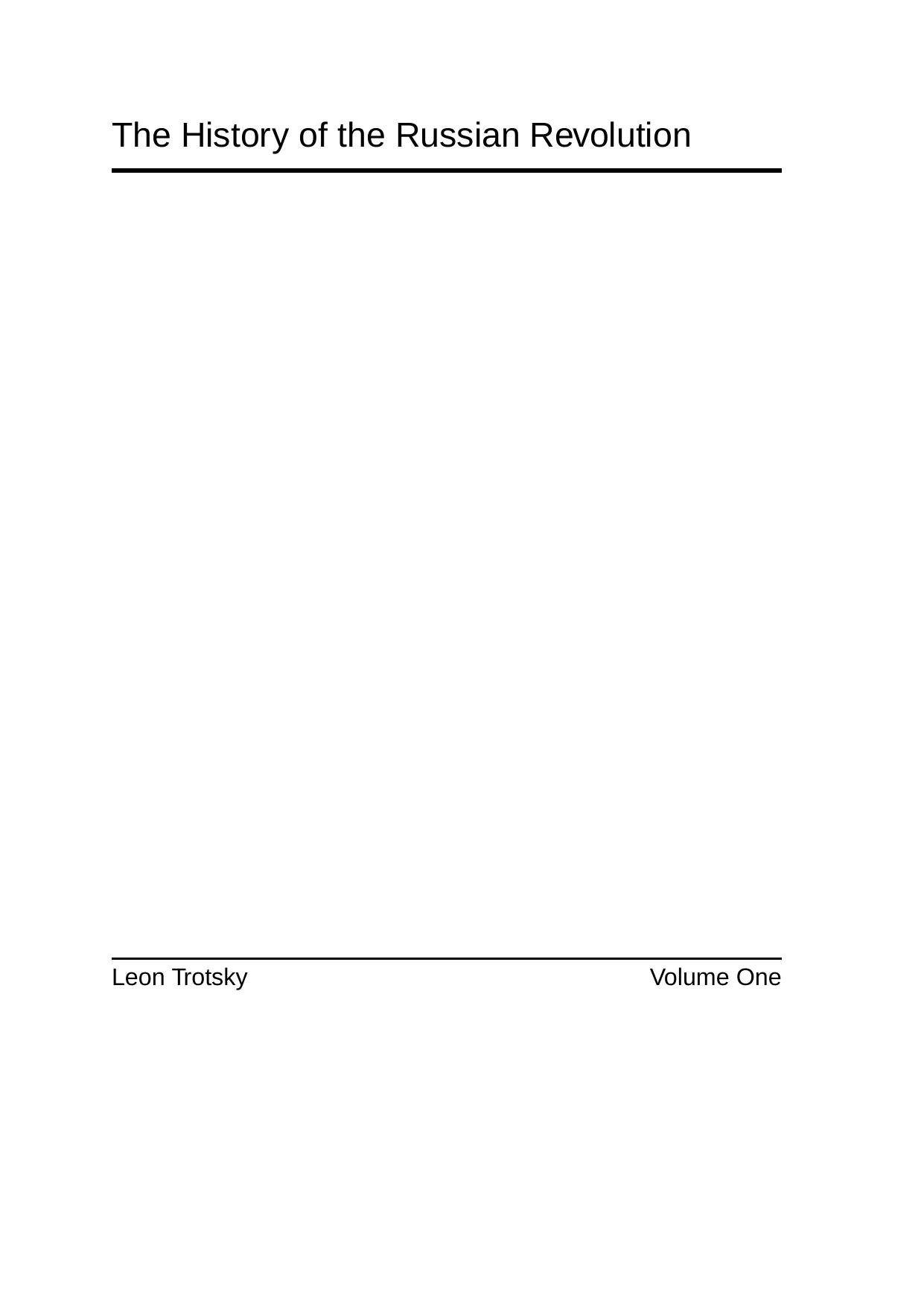History of the Russian Revolution by Leon Trotsky

Author:Leon Trotsky
Language: eng
Format: epub, pdf
Publisher: Haymarket Books
Published: 2010-09-07T04:00:00+00:00
30
Kerensky’s Plot
The Moscow Conference damaged the position of the government by revealing, as Miliukov correctly states, “that the country was divided into two camps between which there could be no essential reconciliation or agreement.” The conference raised the spirits of the bourgeoisie and sharpened their impatience. In the other hand it gave a new impulse to the movement of the masses. The Moscow strike opened a period of accelerated regrouping leftward of the workers and soldiers. Henceforth the Bolsheviks grew unconquerably. Among the masses, only the Left Social Revolutionaries, and to some extent the Left Mensheviks, held their own. The Petrograd organization of the Mensheviks signalized its political shift leftward by excluding Tseretelli from the list of candidates for the City Duma. On the 16th of August, a Petrograd conference of the Social Revolutionaries demanded, by twenty-two votes against one, the dissolution of the League of Officers at headquarters, and other decisive measures against the counterrevolution. On August 18, the Petrograd Soviet, over the objection of its president, Cheidze, placed upon the order of the day the question of abolishing the death penalty. Before the voting, Tseretelli put this challenging question: “If as a consequence of your resolution, the death penalty is not abolished, then will you bring the crowd into the street and demand the overthrow of the government?” “Yes,” shouted the Bolsheviks in answer. “Yes, we will call out the crowd, and we will try our best to overthrow the government.”“You have lifted your heads high these days,” said Tseretelli. The Bolsheviks had lifted their heads together with the masses. The Compromisers had lowered their heads as the heads of the masses were lifted. The demand for an abolition of the death penalty was adopted by all votes—about 900—against 4. Those four were Tseretelli, Cheidze, Dan, and Lieber! Four days later, at a joint session of Mensheviks and groups surrounding them, where upon fundamental questions a resolution of Tseretelli was adopted in opposition to that of Martov, the demand for an immediate abolition of the death penalty was passed without debate. Tseretelli, no longer able to resist the pressure, remained silent.
This thickening political atmosphere was pierced by events at the front. On the 19th of August, the Germans broke through the Russian line near Ikskul. On the 21st, they occupied Riga. This fulfuillment of Kornilov’s prediction became, as though by previous agreement, the signal for a political attack of the bourgeoisie. The press multiplied tenfold its campaign against “workers who will not work” and “soldiers who will not fight.” The revolution had to answer for everything: it had surrendered Riga; it was getting ready to surrender Petrograd. The slandering of the army—just as furious as two and a half months ago—had now not a shadow of justification. In June the soldiers had actually refused to take the offensive: they had not wanted to stir up the front, to break the passivity of the Germans, to renew the fight. But before Riga the initiative was taken by the enemy, and the soldiers behaved quite differently.
Download
History of the Russian Revolution by Leon Trotsky.pdf
This site does not store any files on its server. We only index and link to content provided by other sites. Please contact the content providers to delete copyright contents if any and email us, we'll remove relevant links or contents immediately.
| Africa | Americas |
| Arctic & Antarctica | Asia |
| Australia & Oceania | Europe |
| Middle East | Russia |
| United States | World |
| Ancient Civilizations | Military |
| Historical Study & Educational Resources |
Red Famine: Stalin's War on Ukraine by Anne Applebaum(2917)
Midnight in Chernobyl by Adam Higginbotham(2538)
Chernobyl by Serhii Plokhy(2534)
Midnight in Chernobyl: The Untold Story of the World's Greatest Nuclear Disaster by Adam Higginbotham(2217)
Red Shambhala by Andrei Znamenski(2191)
The House of Government by Slezkine Yuri(2190)
The Gulag Archipelago (Vintage Classics) by Aleksandr Solzhenitsyn(2092)
Red Notice by Bill Browder(2068)
All the Kremlin's Men by Mikhail Zygar(2062)
From Cold War to Hot Peace by Michael McFaul(2027)
Putin's Labyrinth(2015)
From Russia with Lunch by David Smiedt(1968)
The Future Is History by Masha Gessen(1904)
A People's Tragedy by Orlando Figes(1862)
The Romanovs by Simon Sebag Montefiore(1819)
How to Tame a Fox (and Build a Dog): Visionary Scientists and a Siberian Tale of Jump-Started Evolution by Lee Alan Dugatkin & Lyudmila Trut(1759)
The Lost Spy by Andrew Meier(1744)
Putin's Labyrinth: Spies, Murder, and the Dark Heart of the New Russia(1740)
Art and Revolution by John Berger(1716)
